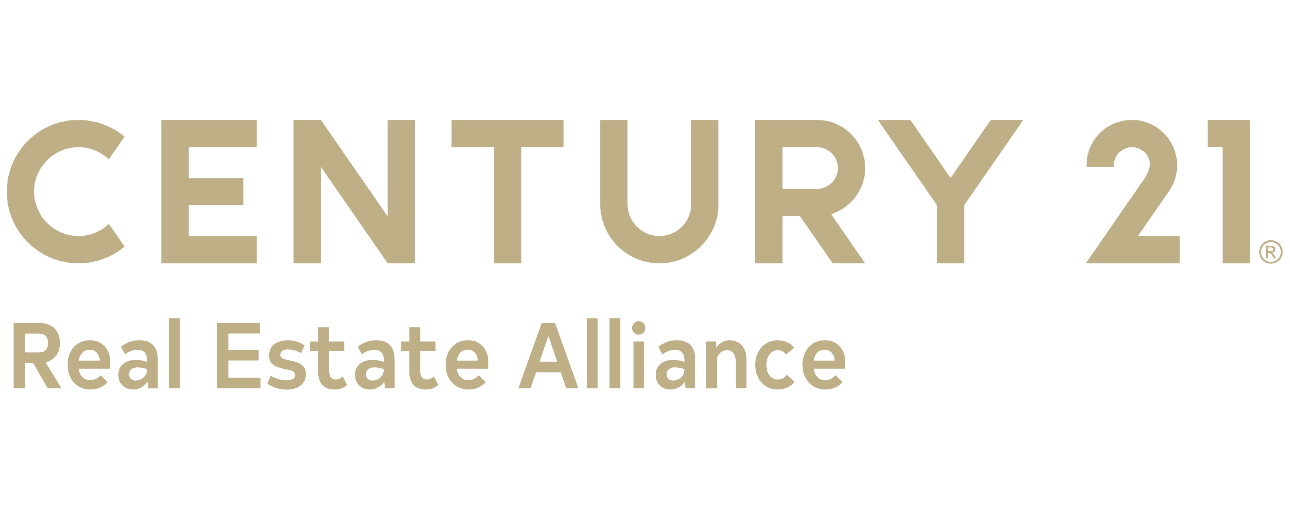Lors d'une conversation récente, notre président, Jorge Deleon a été interviewé par Jennifer Felton, Esq. Propriétaire principal de RELAW, APC. Dans cette conversation éclairante, Jennifer et Jorge se penchent sur la mission et l'impact de l'équipe consultative sur la fraude immobilière (REFAT) dans le comté de Ventura, en soulignant ses origines, ses défis et ses efforts continus pour lutter contre les problèmes pertinents liés à la fraude immobilière.
Principaux enseignements
- Fondation: REFAT a été créé pour lutter contre les activités frauduleuses répandues dans le secteur de l'immobilier, en particulier les escroqueries liées au sauvetage des biens saisis.
- La mission: La mission principale est de protéger les consommateurs contre la fraude immobilière par la défense de leurs intérêts et l'éducation.
- Collaboration: REFAT fonctionne comme un effort de collaboration entre les professionnels de l'immobilier, mettant l'accent sur une mission de service plutôt que sur le gain personnel.
- Ressources: L'équipe fournit une variété de ressources, y compris un formulaire d'admission pour signaler les fraudes au bureau du procureur local.
Introduction
La fraude immobilière reste un problème important en Californie, en particulier en Californie du Sud. L'équipe consultative sur la fraude immobilière (REFAT) est née de la nécessité de préserver l'intégrité des transactions immobilières et d'assurer la protection des consommateurs. Jorge, le président de REFAT, nous parle de la création du groupe et de son rôle essentiel au sein de la communauté.
Origine du REFAT
- Comprendre le besoin: La création de REFAT est née d'incidents au cours desquels des propriétaires ont été trompés et escroqués, en particulier lors de crises de saisies immobilières. Un cas notable concerne un dirigeant de longue date du secteur immobilier local qui a été témoin des conséquences dévastatrices de la fraude sur les propriétaires.
- Lutte contre les escroqueries:
- Escroqueries au sauvetage des saisies immobilières: Il s'agit de systèmes frauduleux dans lesquels des personnes sont persuadées de céder des titres de propriété en échange de fausses promesses d'aide.
- Ecrémage de fonds propres et fraude électronique: Ces escroqueries impliquent une manipulation illicite des fonds propres et une manipulation des fonds pour escroquer des propriétaires sans méfiance.
La mission de REFAT
- Plaidoyer et éducation: La mission de REFAT consiste à faire la lumière sur la fraude immobilière, à aider les consommateurs à reconnaître les risques et à leur fournir les outils nécessaires pour se protéger.
- Engagement communautaire: L'organisation agit en collaboration avec le bureau du procureur, qui joue un rôle actif dans la prévention de la fraude et la protection des consommateurs.
Principes de fonctionnement
- La collaboration plutôt que les gains individuels: Tous les membres de REFAT se concentrent sur la mission collective de servir la communauté, en veillant à ce que les efforts ne soient pas motivés par des agendas personnels.
- Des normes de responsabilité plus élevées: Faire partie de REFAT implique un engagement à respecter l'intégrité et le professionnalisme, tout en reconnaissant la responsabilité de l'organisation dans l'éducation et la défense des consommateurs.
Ressources disponibles
Les personnes qui pensent être victimes d'une fraude immobilière peuvent contacter REFAT par l'intermédiaire du site :
- Site web: rfat.org - Accès aux ressources et à l'information.
- Formulaire d'admission: Une méthode directe pour signaler une fraude présumée, qui sera transmise au bureau du procureur local.
Conclusion
Le Real Estate Fraud Advisory Team (REFAT) du comté de Ventura est une référence en matière de lutte contre la fraude dans le secteur de l'immobilier. Avec un engagement inébranlable au service de la communauté, REFAT ne protège pas seulement les consommateurs, mais favorise également une culture de l'intégrité et de la responsabilité dans le secteur de l'immobilier. Jorge souligne qu'en travaillant ensemble et en utilisant les ressources disponibles, nous pouvons réduire de manière significative l'incidence de la fraude immobilière et garantir des transactions plus sûres pour tous.
